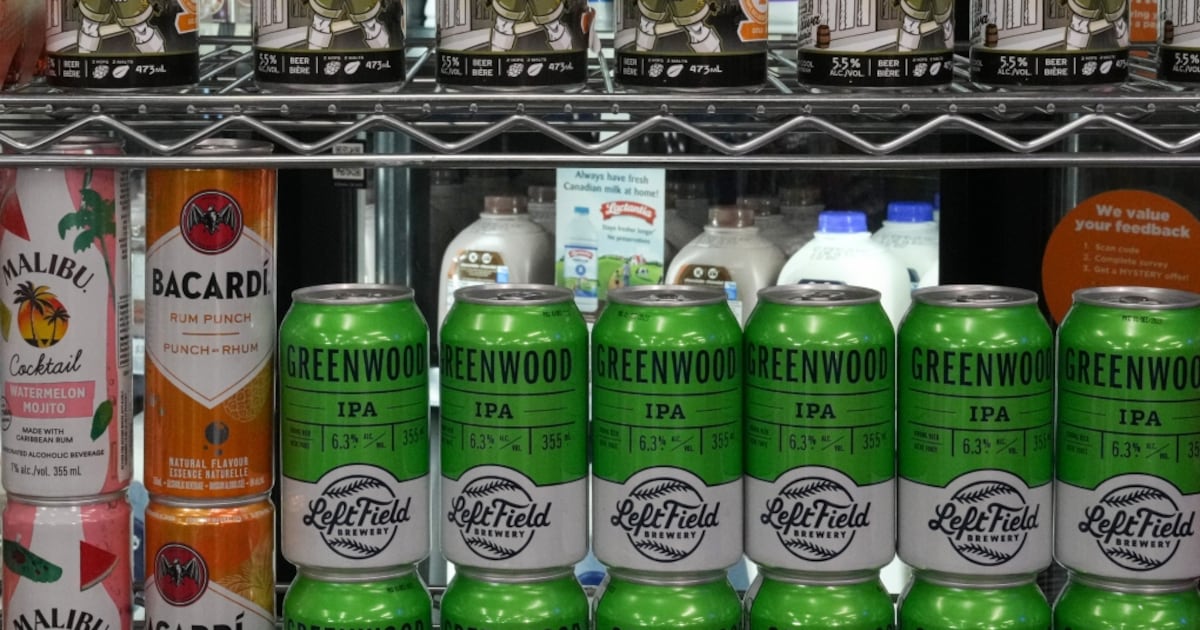Ontario Premier Doug Ford’s push to make alcohol more easily available to shoppers could face a setback as grocery stores reassess whether to keep selling beer, wine, and ready-to-drink beverages when new recycling rules come into effect in the new year.
“Given the cost and operational complexities of managing alcohol returns, some retailers are reassessing whether it remains viable to continue selling alcohol at all under current or proposed deposit-return conditions,” Michael Zabaneh, Retail Council of Canada’s vice-president of sustainability, said in a statement to CP24.
Stores located within five kilometres of a The Beer Store, which manages the Ontario Deposit Return Program (ODRP), are currently exempt from accepting eligible empty alcohol containers. However, by Jan. 1, 2026, all licenced grocery stores will be required to participate in the program.
Zabaneh pointed out that stores are not designed to accommodate bulk returns of alcohol containers, which could pose health and safety risks, staffing discomfort and product contamination issues.
“While retailers support improving collection and recycling rates, this must be done through well-funded and scalable alternatives in partnership with alcohol producers such as centralized depots, hybrid models, reverse vending machine hubs, or by using the Blue Box system for easily recyclable material like aluminum cans,” he said.
“The focus of the program must remain on achieving optimal environmental outcomes in a way that is financially and operationally sustainable for Ontarians.”
According to the Retail Council of Canada, which represents independent retailers and national chain stores such as Walmart, Costco, Metro and Sobeys, establishments do not have the space and staff to support the recycling program.
A spokesperson for the Ontario Ministry of Finance said over 400 grocery stores and convenience stores are already participating in the recycling program, “with numbers expected to continue to grow over the coming months.”
“This will provide more options to consumers looking to utilize the return system,” Colin Blachar said in a statement, noting that the expansion of alcohol sales “provided new opportunities for small businesses and created new jobs.”
Since the Ford government expanded alcohol sales last year, about 1,029 grocery stores have obtained a licence. On the other hand, dozens of The Beer Store locations have closed or are slated for closure, leaving some communities with limited places to return empties.
The Beer Store has an agreement with the provincial government to keep at least 300 locations until the end of 2025. It will be allowed to close an unlimited number of stores starting the new year when the new recycling rules take effect.
In 2024, The Beer Store said its locations collected more than 434.8 million empty containers through the ODRP.
Through the program, consumers who paid a $0.10 or $0.20 deposit on containers could be refunded when they’re returned.

